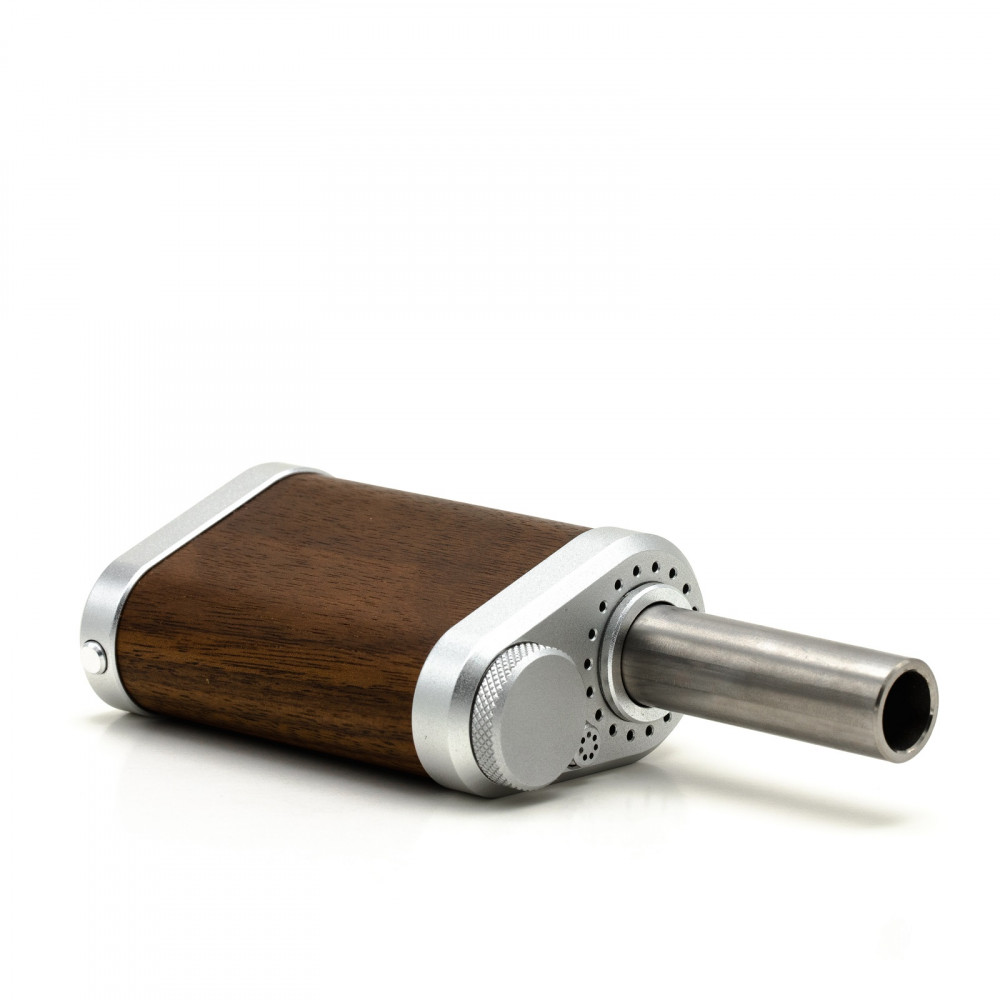

THC and schizophrenia

THC – schizophrenia and other mental illness
THC and schizophrenia? The discussion about the relationship of marijuana with possible mental illnesses has been going on for several years. As early as the 1930s, a large-scale anti-marijuana campaign was launched that clearly linked THC use with the development of psychotic behavior.
Such assumptions, however, are controversial conclusions. A 2013 study at Harvard University is just one of several analyzes to rule out THC’s association with mental illness.
The study divided 300 participants into four groups:
- people who have never used cannabis and have no history of psychosis,
- frequent cannabis users and no history of psychosis,
- cannabis users with a history of psychosis,
- People who use cannabis frequently and also have a history of psychosis.
The participants of the study were not only carefully divided, but also examined and asked about the history of possible mental illnesses in the family up to the third generation back.
The results turned out to contradict the stereotypes maintained over the years. Studies show that it is extremely unlikely for THC to be a cause of mental illness. To clarify, marijuana may have some effect on the age of onset, but it is not its direct cause.
THC and schizophrenia
The above studies contributed to the further analysis of the effects of THC and its impact on people at risk of developing schizophrenia or suffering from schizophrenia. Particular attention was paid to the functioning of the endocannabinoid system, which affects the quality of sleep and the recognition of emotions. It also regulates the functioning of the reward system as well as the feeling of pleasure. These, in turn, do not function properly in people with schizophrenia. Cannabinoids stimulate the system, so they can be helpful in treating or relieving schizophrenia symptoms.
In 2013, twelve schizophrenic patients who regularly take THC were subjects in a study. It was based on magnetic resonance imaging of the brain of sick people. Patients who consumed marijuana outperformed patients not taking THC. The results mainly included the connection status of the reward circuit in the brain. Furthermore, the study also confirmed higher connectivity with patients taking THC.
Another study, published in The Schizophrenia Bulletin Studies, found that cannabis use may improve cognition in people with mental health problems such as schizophrenia. Patients with a history of psychosis who took THC regularly showed better overall neuropsychological functioning. The subjects did better than the patients who had not used marijuana before.
Alleviate the effects of treatment and other drugs
Patients themselves admit that marijuana is effective in relieving the symptoms of the disease and the side effects of anti-psychotic drugs. In addition, it reduces the level of stress and allows you to fall asleep faster and better, which is a very desirable effect among many people suffering from schizophrenia or psychotic episodes.
Specialists emphasize that the most important thing is the correct balance of dosages and constant supervision of doctors who supervise the course of treatment. Combining substances with CBD to balance the effects of THC is recommended. Such a balanced combination may be a suitable route for the effective treatment of patients with neuropsychiatric disorders.
Sources:
1. Patel S, Khan S, M S, Hamid P. The Association Between Cannabis Use and Schizophrenia: Causative or Curative? A Systematic Review. Cureus. 2020;12(7):e9309. Published 2020 Jul 21. doi:10.7759/cureus.9309
2. Carey, B. (2019, January 18). Does Marijuana Use Cause Schizophrenia? The New York Times. https://www.nytimes.com/2019/01/17/health/cannabis-marijuana-schizophrenia.html



